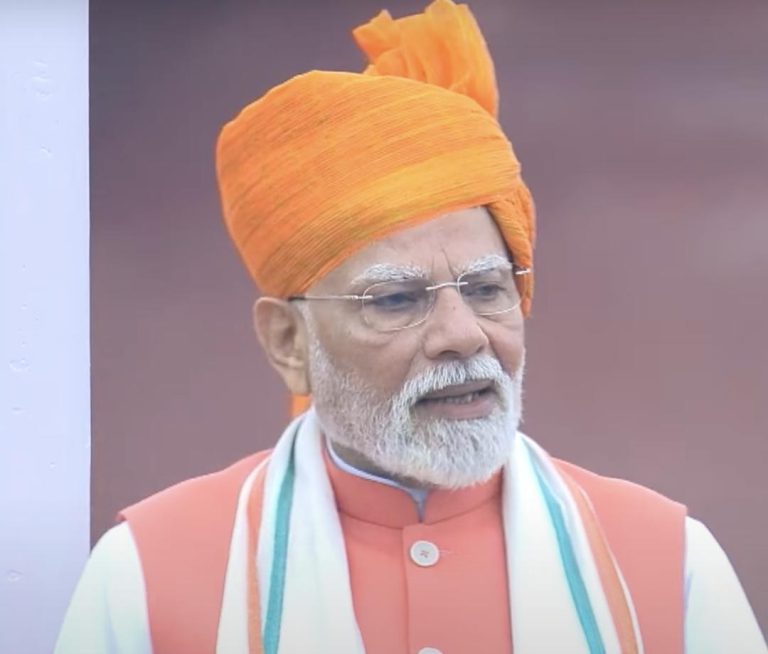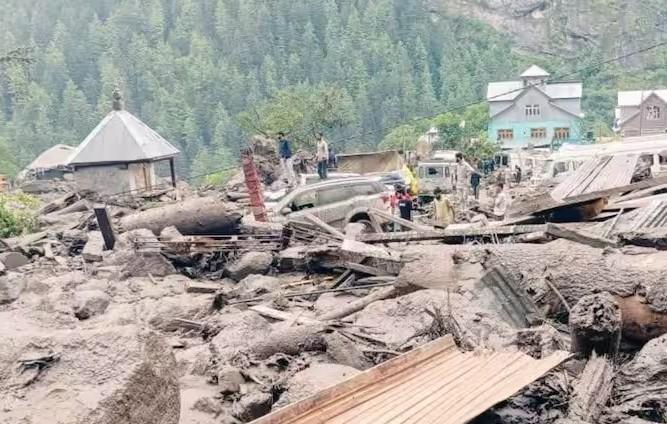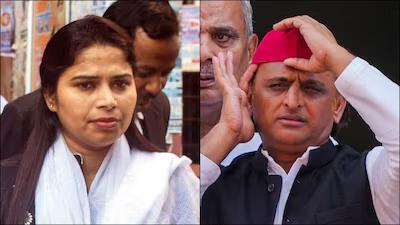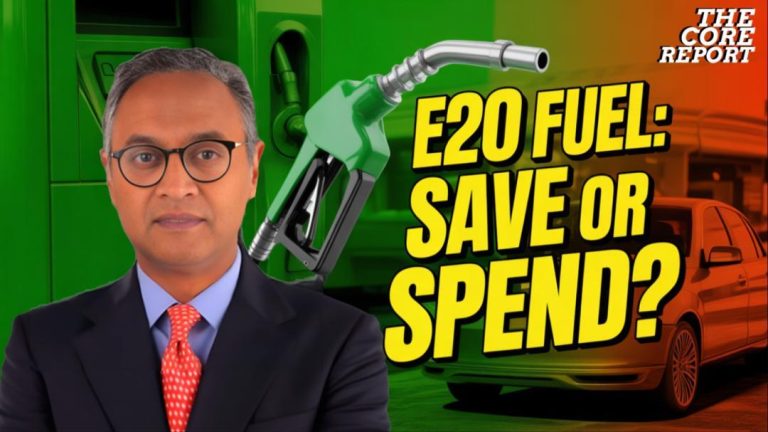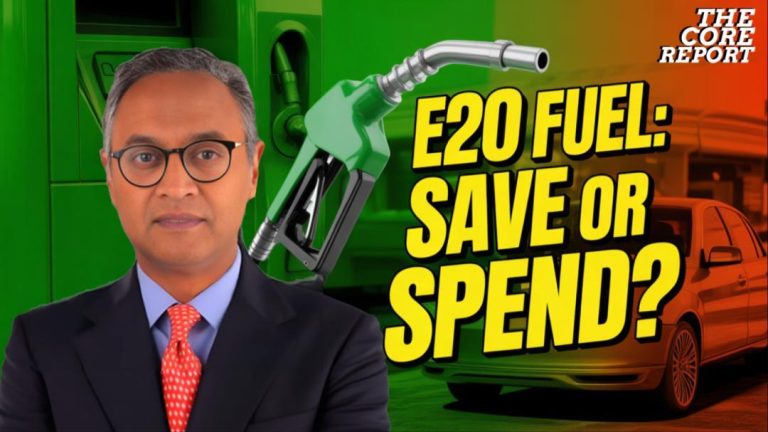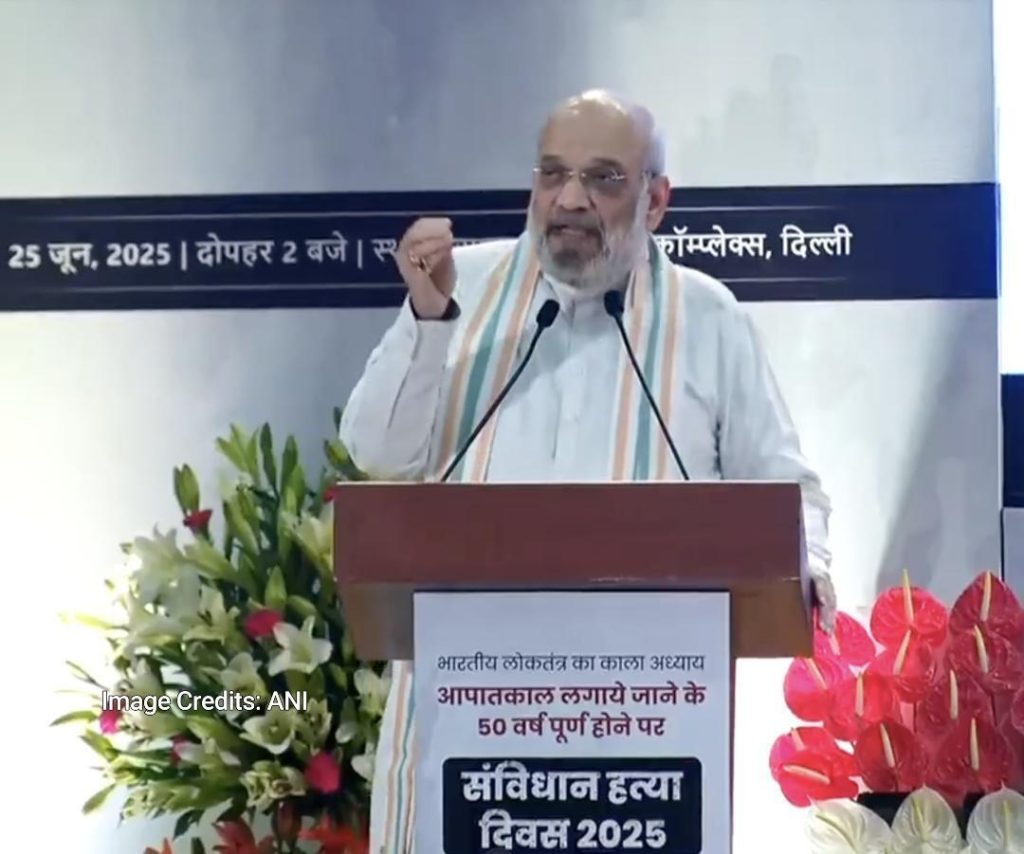
PM Modi worked underground for 19 months during Emergency: Shah
The Emergency period in India’s history, which lasted from 1975 to 1977, was a tumultuous time for the country. The then-Prime Minister Indira Gandhi had imposed a state of emergency, suspending civil liberties and giving her government sweeping powers. Many people, including politicians, activists, and ordinary citizens, were arrested, tortured, and even killed during this period.
In a recent revelation, Home Minister Amit Shah has revealed that Prime Minister Narendra Modi, then a young RSS pracharak, worked underground for 19 months during the Emergency period. In an interview, Shah spoke about PM Modi’s bravery and dedication to the struggle against the Emergency regime.
According to Shah, PM Modi, who was just 24-25 years old at the time, took a very active role in the movement against the Emergency. He led the struggle in Gujarat, distributed secret newspapers, and worked in disguise as a Sardar, Sadhu, hippie, incense stick vendor, or newspaper vendor. This was a remarkable feat, considering the risks involved in opposing the government during such a repressive period.
Shah’s statement is based on PM Modi’s book “The Emergency Diaries”, which is a collection of his experiences during the Emergency period. The book provides a firsthand account of the struggles and sacrifices made by PM Modi and many others who opposed the Emergency regime.
PM Modi’s involvement in the movement against the Emergency was not limited to Gujarat. He was part of a larger network of activists and politicians who were working to resist the government’s authoritarian powers. He traveled extensively, attending meetings and rallies, and spreading awareness about the need to restore democratic norms.
The Emergency period was marked by widespread human rights abuses, including arbitrary arrests, torture, and forced disappearance. Many people were detained without trial, and their families were not informed about their whereabouts. The regime also imposed strict censorship, and any form of dissent was brutally suppressed.
PM Modi’s decision to join the movement against the Emergency was a bold move, considering the risks involved. He was a young man, barely out of his teenage years, and he knew that he could be arrested, tortured, or even killed if caught. Yet, he chose to take the risk, driven by his conviction that the Emergency regime was unjust and needed to be challenged.
Shah’s revelation is a testament to PM Modi’s courage and commitment to the cause of democracy. It is a reminder that even in the darkest of times, there are individuals who are willing to stand up for what is right, even if it means facing danger and adversity.
The Emergency period was a traumatic experience for India, and its effects are still felt today. However, PM Modi’s story is a beacon of hope, inspiring future generations to stand up for their rights and fight against authoritarianism.
In conclusion, PM Modi’s 19 months of underground work during the Emergency period is a remarkable story of bravery and dedication. It is a testament to his commitment to democracy and his willingness to take risks to defend its values. As we reflect on the Emergency period, we are reminded of the importance of standing up for what is right, even in the face of overwhelming odds.
Source:
